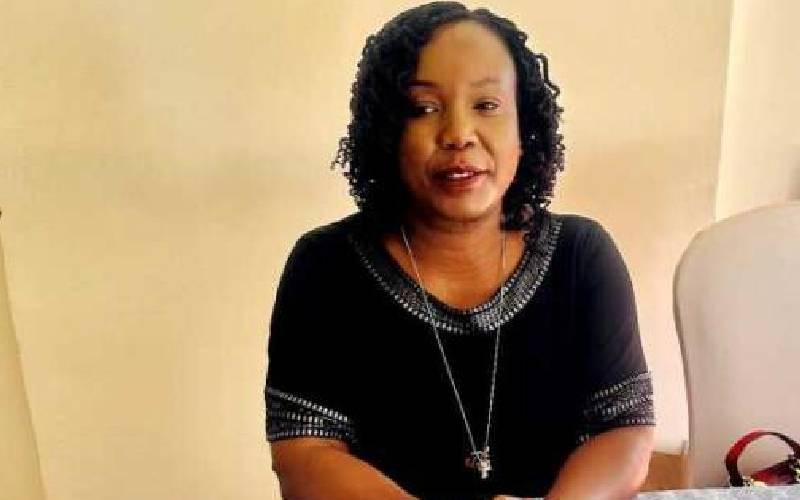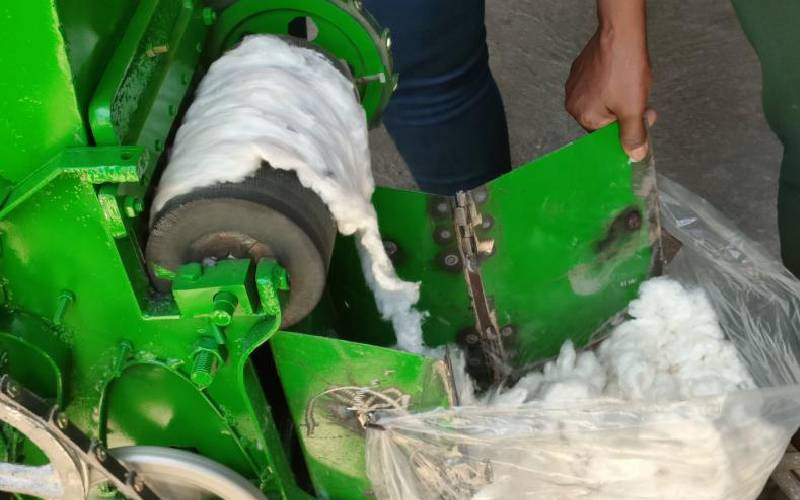Mothers, newborns, young children and adolescents are losing 20 percent of their health and social services due to the COVID-19 pandemic, a panel of senior global health experts has said.
“Health systems in both rich and poor nations are massively struggling and the services for mothers, newborns, young children and adolescents are crumbling,” says Elizabeth Mason, M.D, co-chair of the UN Secretary-General’s Independent Accountability Panel (IAP) for Every Woman, Every Child, Every Adolescent reviewing the impact of COVID-19 on these groups.
“Especially worrisome are declines in access to life saving vaccines for children and maternal health services due to closures and movement restrictions. Immunization campaigns are being halted and health workers are being diverted from maternity to COVID-19 units,” Dr. Mason adds.
The Panel provides an overview of estimated impacts from COVID-19 pandemic on mothers, newborns, young children and adolescents since its start in January.
- 5.3 million deaths in children under 5 by pre-pandemic estimates, and over 400,000 additional deaths due to COVID-19-related disruptions in services.
- 2.5 million newborn deaths pre-pandemic, with a minimum of 168,000 additional deaths estimated.
- 295,000 maternal deaths pre-pandemic, with an additional 24,400 additional deaths estimated.
- 13.5 million children missed vaccinations against life-threatening diseases.
- More than 20 countries reported vaccine shortages caused by the pandemic.
- Disruption to contraceptive supplies leading to 15 million unintended pregnancies in low- and middle-income countries.
- Around 42-66 million children risk falling into extreme poverty.
- Some 370 million children are missing school meals.
- Women suffering increased depression, anxiety and uncertainty.
- 15 million additional acts of violence against women and girls every three months of lockdown. In some countries, emergency calls increased by 30 percent.
“These new findings show how weak our health systems are at protecting mothers, newborns, young child and adolescents,” says Joy Phumaphi, co-chair of the Panel and former WHO Assistant Director General. “We are at a point where decades of progress for this group could be easily reversed.”
The COVID-19 pandemic has interrupted steady progress and has led to increased poverty and unemployment. Early data finds women experience not only loss of various categories of support and social safety nets, but also an inability to access increased support, compared to men.
“COVID-19 is making a bad situation worse,” says Ms. Phumaphi, reflecting the conclusion of the Panel’s report.
“The lives’ of every mother, newborn, child and adolescent matter,” says Giorgi Pkhakadze, a professor of Epidemiology and Public Health. “Quality healthcare is not a luxury, but a life-saving resource.”
Since 2000, maternal and children under 5 deaths have been cut by 40 percent, because of focused leadership and investment, even in the poorest nations. Also, in the last decade, more than $50 billion has been raised through the Every Woman Every Child movement to meet the health and medical needs of this vulnerable group. Even the poorest countries have shown progress, especially in reducing under 5 mortality.
 The Standard Group Plc is a multi-media organization with investments in media
platforms spanning newspaper print operations, television, radio broadcasting,
digital and online services. The Standard Group is recognized as a leading
multi-media house in Kenya with a key influence in matters of national and
international interest.
The Standard Group Plc is a multi-media organization with investments in media
platforms spanning newspaper print operations, television, radio broadcasting,
digital and online services. The Standard Group is recognized as a leading
multi-media house in Kenya with a key influence in matters of national and
international interest.
 The Standard Group Plc is a multi-media organization with investments in media
platforms spanning newspaper print operations, television, radio broadcasting,
digital and online services. The Standard Group is recognized as a leading
multi-media house in Kenya with a key influence in matters of national and
international interest.
The Standard Group Plc is a multi-media organization with investments in media
platforms spanning newspaper print operations, television, radio broadcasting,
digital and online services. The Standard Group is recognized as a leading
multi-media house in Kenya with a key influence in matters of national and
international interest.









